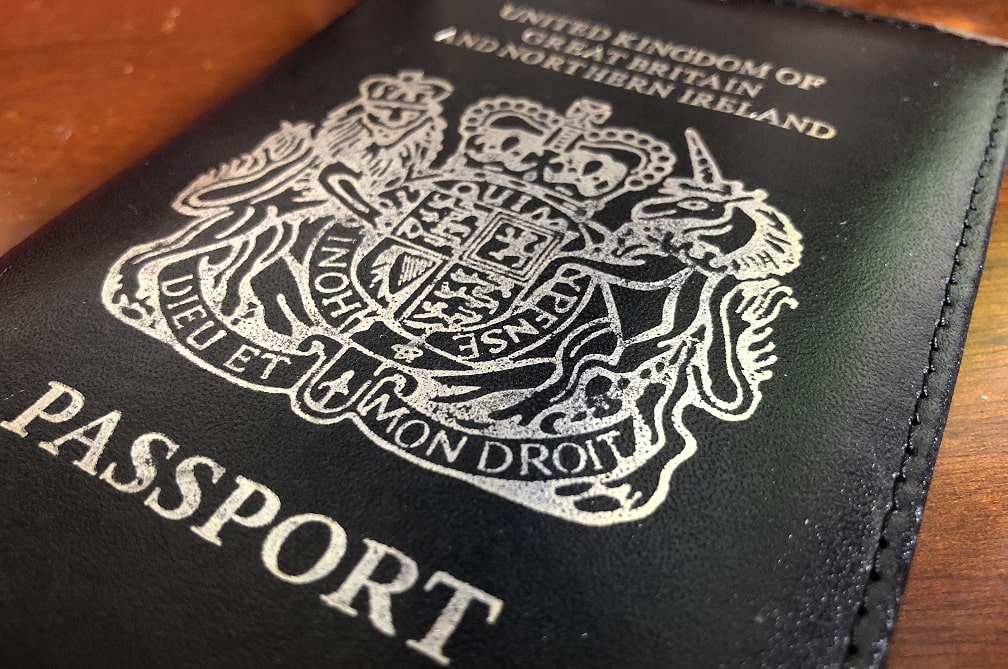
Welcome To The Data Leak Lawyers Blog
We focus on the latest news surrounding data breaches, leaks and hacks plus daily internet security articles.

We focus on the latest news surrounding data breaches, leaks and hacks plus daily internet security articles.

In a serious misstep at East Devon Council, the passwords of 37 council members were reportedly exposed online to other councillors, leaving private email inboxes potentially vulnerable to unauthorised access.
The error was quickly corrected, with affected councillors resetting their passwords. However, the period of vulnerability could have caused leaks of confidential information, which is why this is a serious matter.
Despite local authorities’ important responsibility to their communities and residents, we see data breaches happening far too frequently at local councils, suggesting that many are still failing to take their data protection duties seriously. At Your Lawyers – The Data Leak Lawyers – we believe that failures when it comes to data protection law justifies legal action, as many of these local authorities need to develop more rigorous data protection measures to protect people’s information. Where they fail to do so, we are here to help.

Another travel industry data breach has recently hit the headlines, with the popular airline IT provider SITA suffering a monumental cyberattack. The SITA data breach is thought to have exposed information belonging to hundreds of thousands of passengers.
Among the affected airlines are those owned by Star Alliance, the world’s largest airline group, and British Airways is also affected. Some of the thousands of clients that we represent for the 2018 BA data breaches have already come forward for our assistance.
The travel industry has been plagued by data breaches, with companies such as Marriott and easyJet falling prey to significant hacks in recent years. The wealth of information that is held by airlines and travel companies makes them prime targets for cybercriminals, and the effects can be devastating for those affected.

A prestigious golf club in Surrey recently fell prey to a cyberattack in which hackers reportedly accessed the personal data of 4,000 members. Victims were notified of the Wentworth Golf Club hack on 15th January in an email sent from Neil Coulson, who is understood to be the general manager at the Club.
We have already taken a number of cases on and we are offering to represent people affected on a No Win, No Fee basis.
While the club may have assured members that there is not a significant risk to victims, the data exposure could be sufficient enough to leave affected members vulnerable and distressed. If you were affected and you wish to claim compensation, please do not hesitate to contact us now.

It is unsurprising that bank account information and credit or debit card details are among the most sought-after types of data for cybercriminals. This is due to financial motives many hackers have when they carry out cybercrimes. Payment card fraud is, therefore, one of the most significant risks of data breaches, and can occur in many different ways.
If fraudsters gain access to your money, it can be very difficult to recover stolen funds directly. At Your Lawyers – The Data Leak Lawyers – we aim to hold the other guilty party to account in data breach cases, as a leading firm of data breach solicitors. In many instances, it is not just the criminal who is responsible for a data breach, but a third-party organisation may also be at fault if they failed to sufficiently protect personal data, and that is how criminals gained access to the details for you.

In October last year, Hackney Council announced a data breach after suffering what was described as a severe cyberattack from an unknown source. In the ensuing confusion, the council joined forces with the National Cyber Security Centre in an endeavor to judge the scale of the attack and find its source. It has since been revealed that hackers may have published files that reportedly come from exposed Hackney Council data.
The news is undoubtedly unnerving to those affected, and no one can be sure whether their data has been affected or not. As Hackney Council struggles to get a handle on the breach, leading firm Your Lawyers – The Data Leak Lawyers – are taking on claims for anyone who may have been affected by the leak.

In the case of cyberattacks, many organisations follow appropriate reporting procedures, such as notifying the Information Commissioner’s Office of the breach. There is also the need for alerting affected customers, members, or employees of their involvement in a data security incident too. However, many firms may be ignoring cyberattacks and their after-effects, putting those affected in an unacceptable degree of danger, sometimes to preserve their own interests.
At Your Lawyers – The Data Leak Lawyers – as a leading data breach claims firm, we believe cyberattacks are like any other crime and should be reported and dealt with accordingly. Unfortunately, too many organisations view cybersecurity and data protections as luxury additions to their operations, disregarding the dangers they are putting people in.
If you have been affected by a data breach and believe the responsible party is not taking it seriously enough, you may be entitled to claim compensation. It is bad enough to have your data exposed, but to witness dangerous inaction from the organisation involved can only add insult to injury.

One of the latest data scams to take advantage of the coronavirus pandemic are fake coronavirus vaccine texts circulating with the goal of tricking people into making a payment for a jab.
Claiming to be from the NHS, senders have been using a tried-and-tested scam method as they ask for the input of bank account details. Fraud through text or email scams is still all too common, even though the method is relatively easy for scammers. It shows just how much damage can be done with access to an email address or phone number, which are exactly the kinds of details which are often exposed in data breaches.
At Your Lawyers – The Data Leak Lawyers – we are a leading firm that represent many clients who have fallen victim to fraud as a result of having their data exposed by a third-party business or organisation.

When a data leak occurs, affected victims often worry about the financial details that may have been accessed, fearing that criminals may use their bank or card details to commit theft or fraud. However, it is vital that we do not forget the damage that can be done with exposed identity documents as well.
With identity details, criminals are given tools with which to gain further access to your life and your private information. You could be put in an incredibly risky situation when a third party leaks your data. Organisations have a duty to protect your personal information and should always be held accountable if they fail to prevent its exposure.
At Your Lawyers – the Data Leak Lawyers – we have been handling these kinds of data leak cases for years, and are here to advise anyone who has had their identity documents exposed.

Although data breach claims are becoming an increasingly established and important area of legal expertise, trusted data breach lawyers can still be few and far between.
There are some inexperienced firms trying to capitalise on the trend of data breach cases, claiming to have expertise that they do not possess. This is something to watch out for, and it is disappointing to see so many inexperienced companies and disreputable scammers taking advantage of claimants for gain.
At Your Lawyers – The Data Leak Lawyers – we have a long-established reputation for handling data breach cases. We are currently sitting on the Steering Committee responsible for conducting the first GDPR group action case in the UK, against British Airways. We have been fighting for the rights of data breach victims as far back 2014, which is a great deal longer than most other firms.

The Surveillance Camera Commissioner, Tony Porter, has recently spoken of his concerns regarding the technology used by local councils and the police to monitor public movements.
As the government watchdog designed to ensure government compliance with the surveillance camera code of practice, it is worrying that the commissioner believes the restrictions on local authorities may not be sufficient.
In particular, Mr Porter reportedly warned that the use of Automatic Number Plate Recognition (ANPR) cameras is unregulated by central government, likening their usage to MI5 tracking. In fact, the security services are subject to much tighter restrictions, while the level of surveillance led by councils and the police appears to be going under the radar.
At Your Lawyers – The Data Leak Lawyers – we always advocate for personal privacy, so it is worrying that the government may be unnecessarily storing data and information pertaining to members of the public.
EasyJet admits data of nine million hacked
British Airways data breach: How to claim up to £6,000 compensation
Are you owed £5,000 for the Virgin Media data breach?
Virgin Media faces £4.5 BILLION in compensation payouts
BA customers given final deadline to claim compensation for data breach
Shoppers slam Morrisons after loyalty points stolen
Half a million customers can sue BA over huge data breach
Lawyers accuse BA of 'swerving responsibility' for data breach
The biggest data breaches of 2020
Fill out our quick call back form below and we'll contact you when you're ready to talk to us.